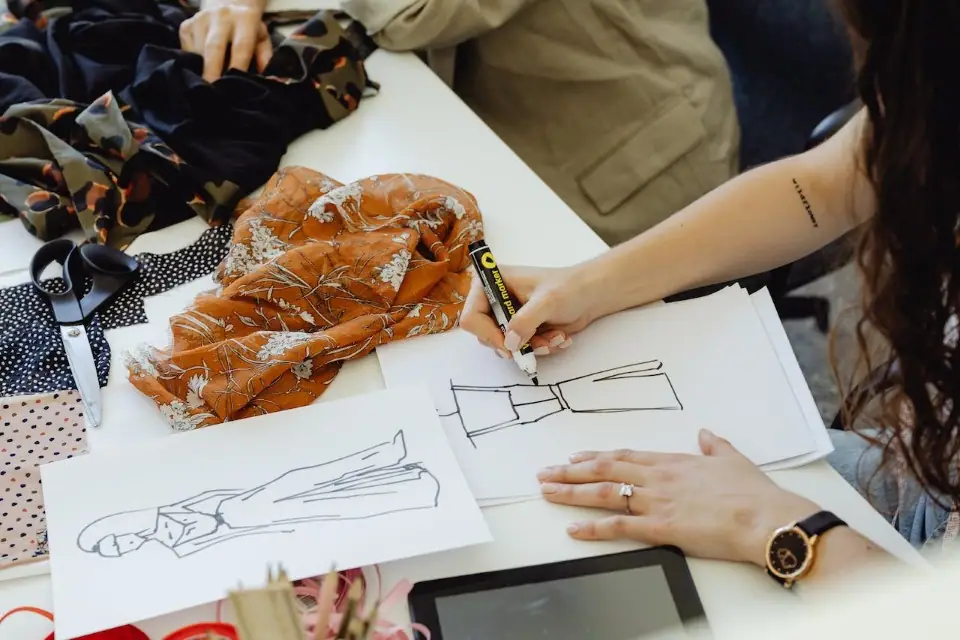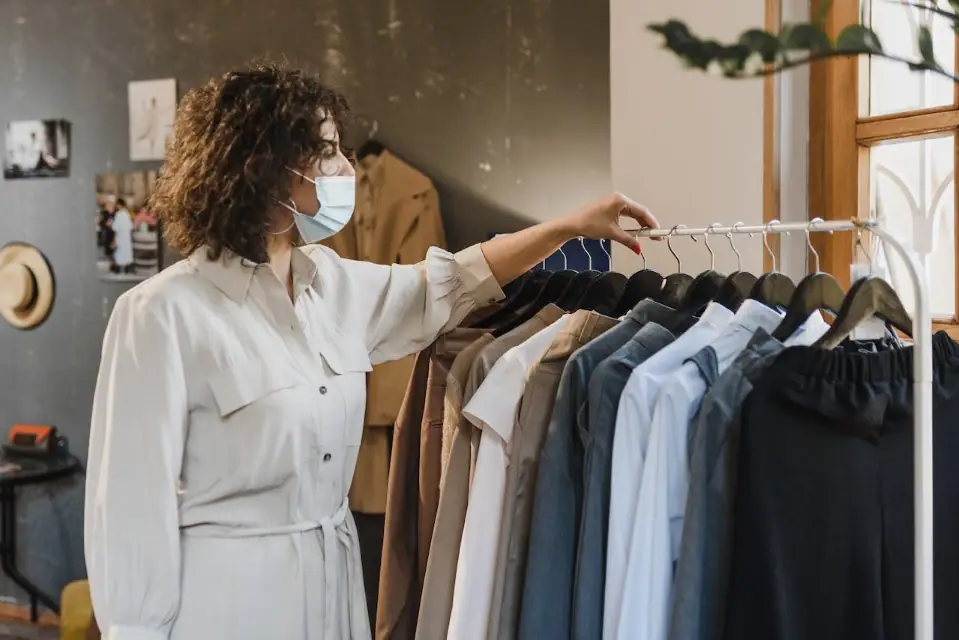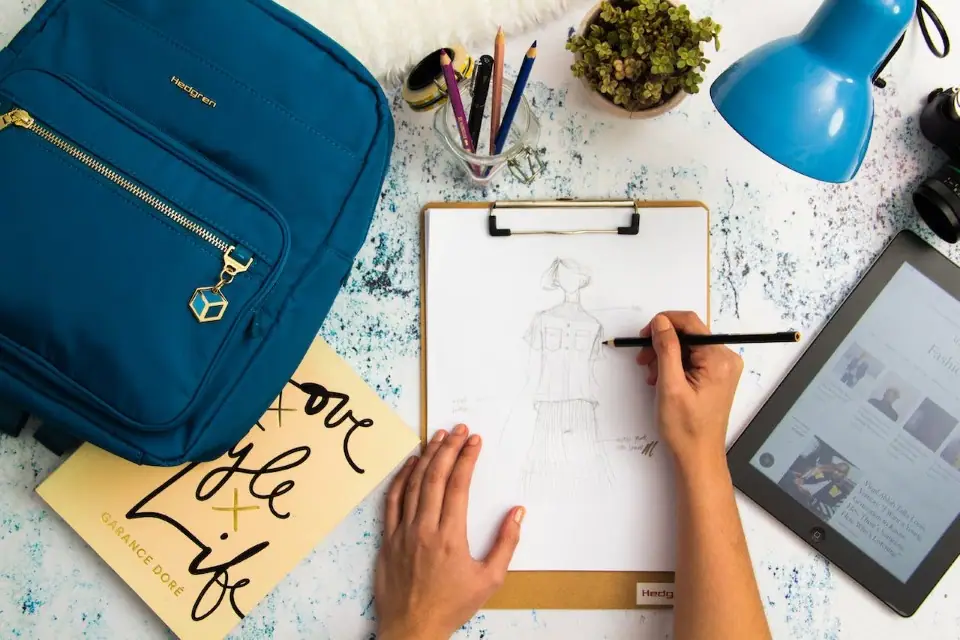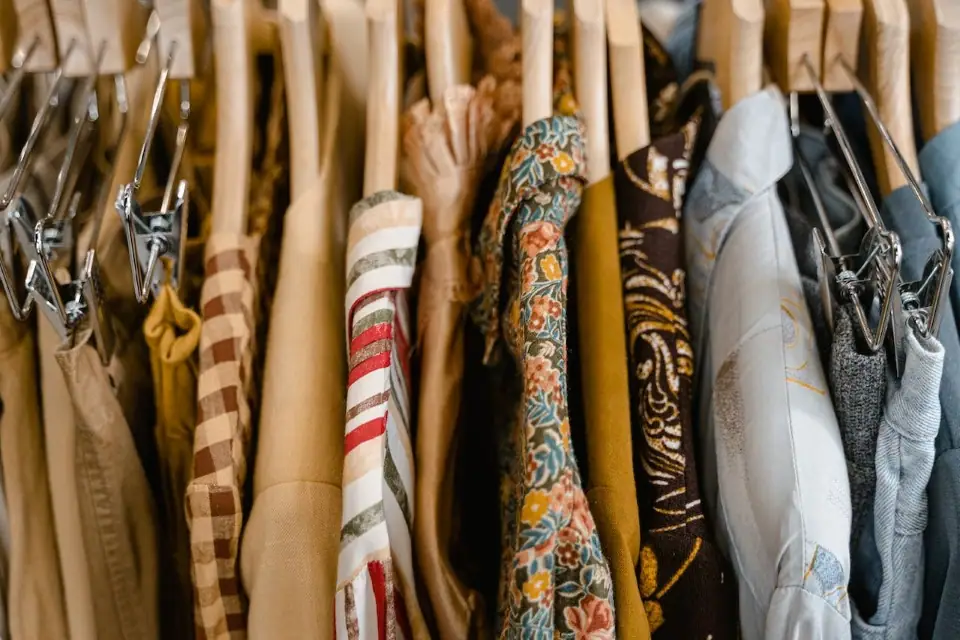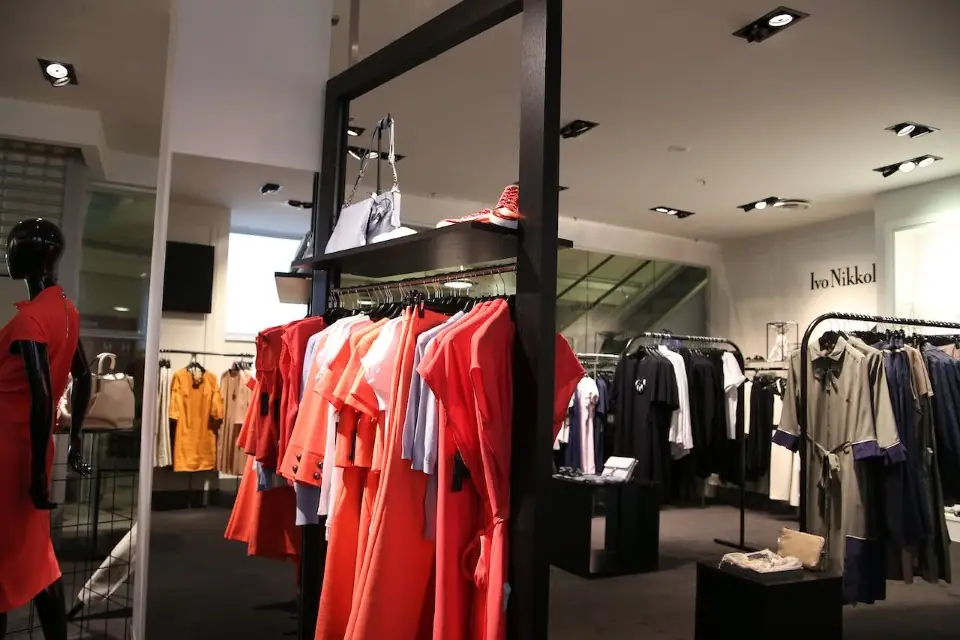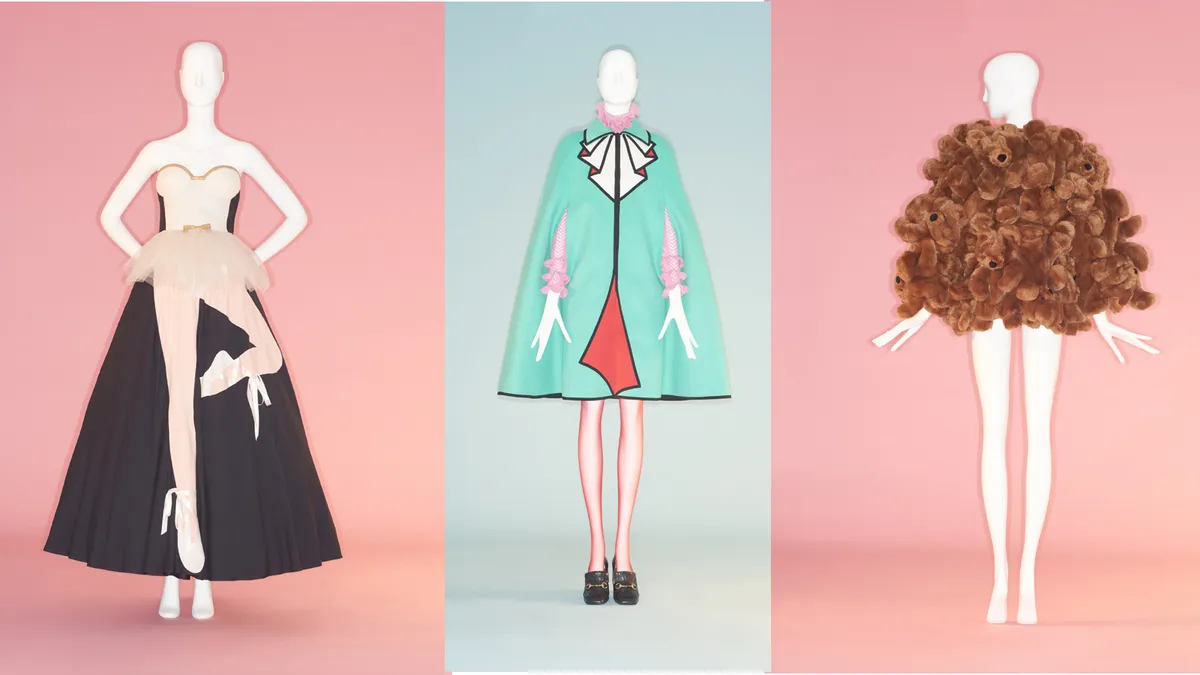Embarking on a career as a fashion designer is an exciting and rewarding venture for those with a passion for style, innovation, and self-expression. In a world that constantly evolves, fashion designers play a crucial role in shaping trends and defining cultural aesthetics. If you aspire to join this dynamic industry, this comprehensive guide will illuminate the path to becoming a successful fashion designer.
Discover Your Passion for Fashion
Unleash your creativity by exploring your passion for fashion. Engage in trend analysis, attend fashion shows, and delve into the rich history of clothing styles. Familiarize yourself with various design elements, fabrics, and color theories to develop a strong foundation for your future endeavors.
Educational Pursuits: Nurturing Your Craft
Elevate your skills and knowledge by enrolling in reputable fashion design programs. Acquire a formal education from esteemed institutions, such as Parsons School of Design or Central Saint Martins, known for shaping the industry’s future leaders. These programs offer comprehensive courses in design principles, garment construction, and fashion history.
Mastering the Art of Sketching and Pattern Making
Translate your creative visions into tangible designs through the mastery of sketching and pattern making. Hone your drawing skills to effectively communicate your ideas visually. Understanding pattern making is equally crucial; it serves as the blueprint for bringing your designs to life. Invest time in learning the intricacies of both to enhance your technical expertise.
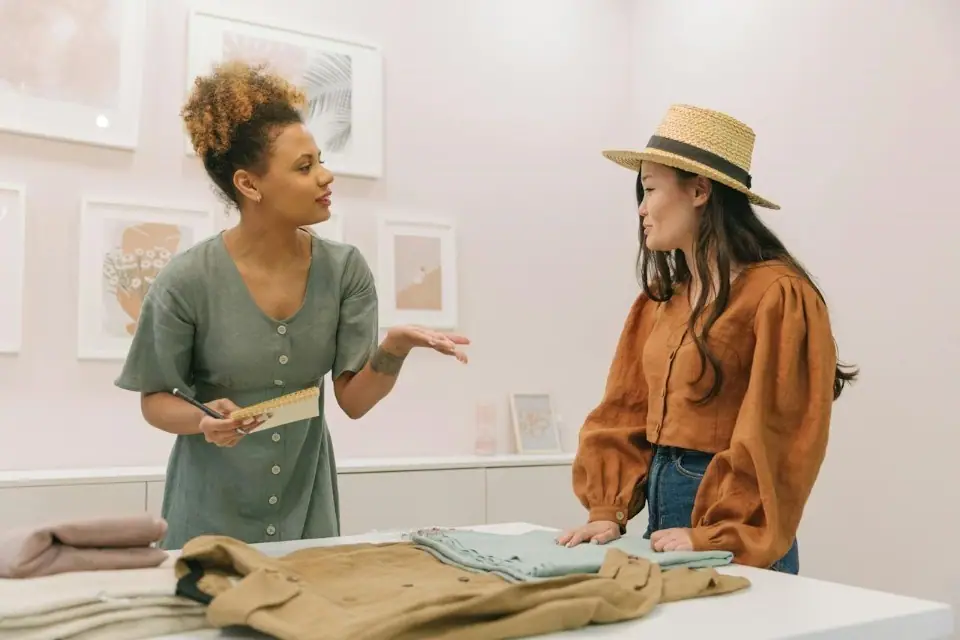
Stay Ahead of Trends: Research and Innovation
Fashion is a dynamic realm, constantly influenced by cultural shifts and societal changes. Stay ahead of trends by immersing yourself in the fashion world. Attend fashion weeks, follow industry publications, and engage in continuous research. This not only keeps your designs fresh and relevant but also positions you as a trendsetter in the competitive landscape.
Building a Stellar Portfolio: Showcase Your Unique Style
Craft a compelling portfolio that showcases your unique style and versatility. Include a diverse range of projects, from sketches and mood boards to finished garments. A well-curated portfolio serves as your visual resume, highlighting your skills and creativity. Regularly update it to reflect your growth and evolution as a designer.
Networking: Connect with Industry Professionals
Establish meaningful connections within the fashion industry to broaden your horizons. Attend industry events, collaborate with fellow designers, and seek mentorship from established professionals. Networking provides invaluable insights, opportunities, and support crucial for your growth as a designer.
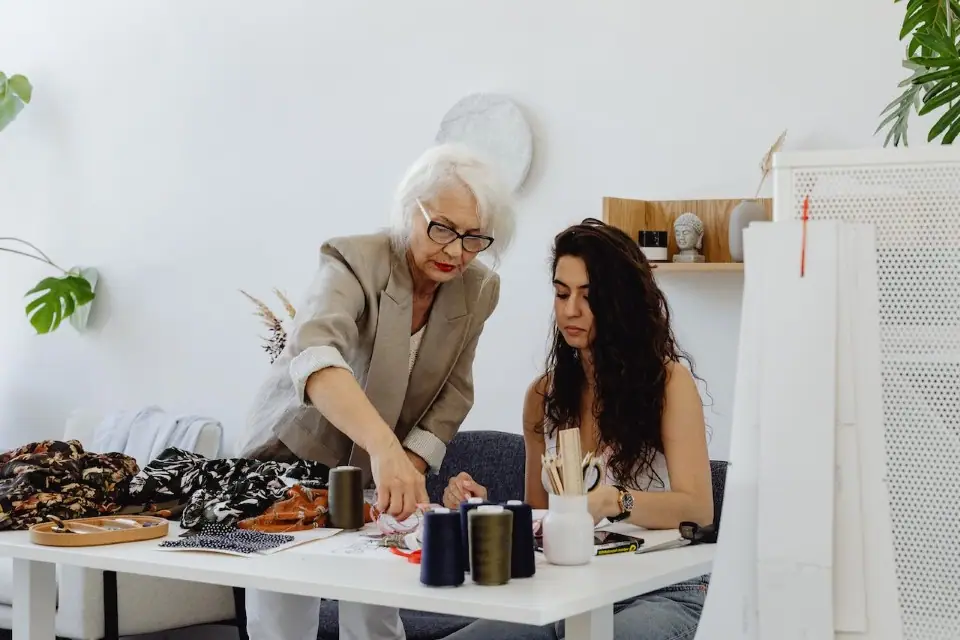
FAQs
What education is required to become a fashion designer? While a formal education in fashion design is beneficial, some successful designers have honed their skills through self-study and practical experience. However, a degree from a reputable institution enhances your credibility and opens more doors in the industry.
How do I stay updated on current fashion trends? Stay connected with the fashion world by attending fashion shows, following influential designers on social media, subscribing to industry publications, and participating in trend forecasting platforms.
Is it essential to specialize in a particular niche within fashion design? Specialization can enhance your expertise and marketability. While some designers prefer a niche, others thrive in versatility. Consider your strengths and interests when deciding whether to specialize or explore various design domains.
Can I become a fashion designer without formal training? While formal education provides a structured learning experience, self-taught designers can succeed through dedication, practical experience, and continuous learning. Building a strong portfolio is essential for showcasing your skills.
How important is networking in the fashion industry? Networking is crucial for success in the fashion industry. Building connections with professionals, attending events, and collaborating with peers can open doors to opportunities, mentorship, and industry insights.
In Conclusion
Becoming a fashion designer is a fulfilling journey that blends creativity, education, and industry engagement. By fostering your passion, pursuing education, mastering essential skills, staying abreast of trends, and building a robust network, you pave the way for a successful and rewarding career in the dynamic world of fashion design. Remember, your unique perspective and dedication can shape the future of style and influence the way people express themselves through clothing.

